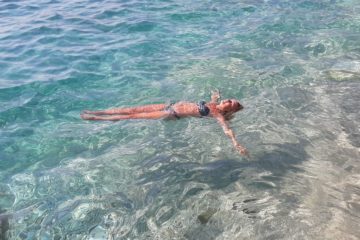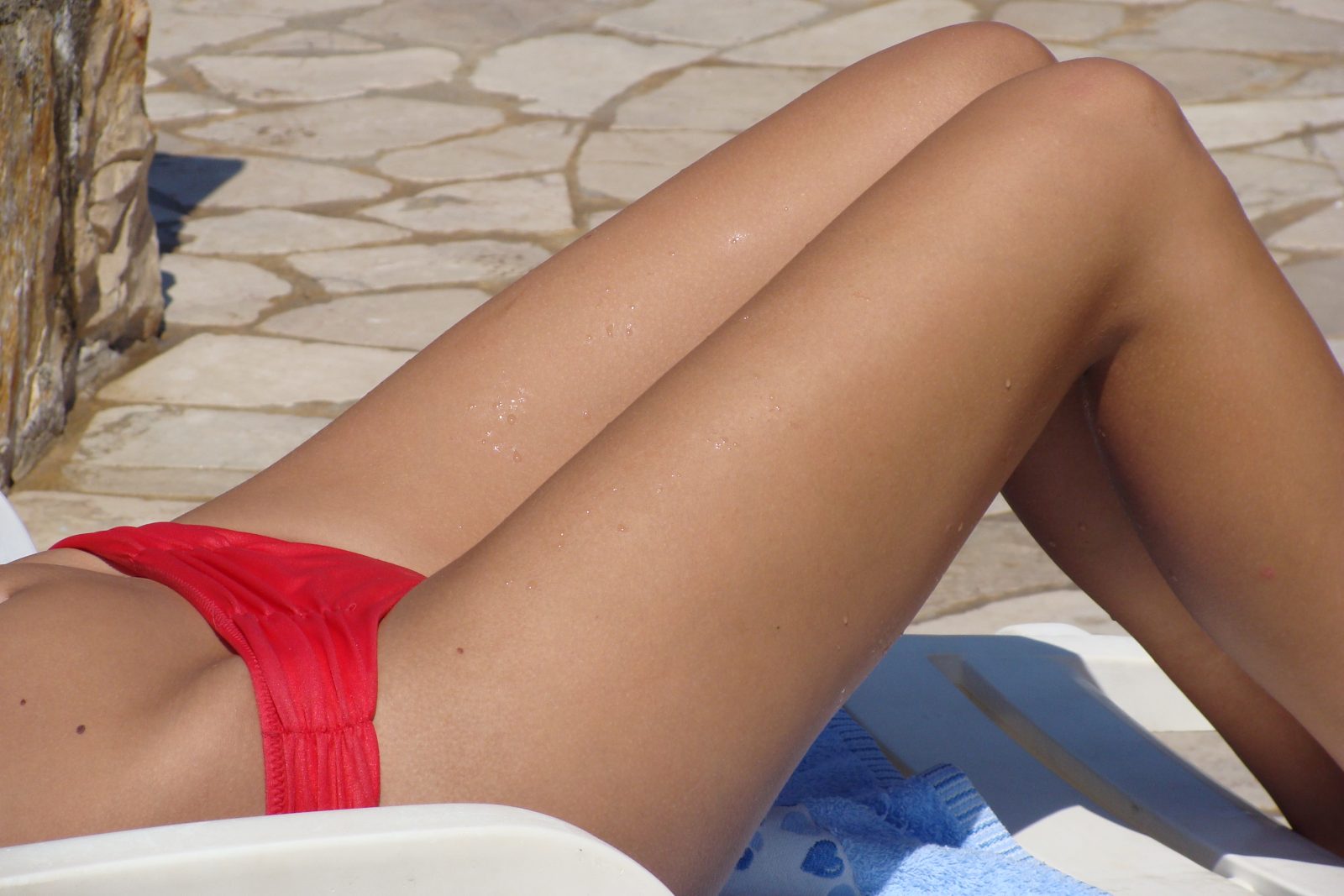 The thrill of hunting down big bass is exciting and the day spent fishing in Ulcinj around Ada Island and Bojana river is a special unforgettable experience . Although a novice angler will occasionally haul in a trophy, there are several things an angler can do to increase his odds dramatically. Knowing where to look for the hogs, what they’re feeding on and being prepared when the big moment arrives are all skills the pros use in every tournament and can also be learned by the novice. The following suggestions should help you on your way to catching the bass you daydream about.
The thrill of hunting down big bass is exciting and the day spent fishing in Ulcinj around Ada Island and Bojana river is a special unforgettable experience . Although a novice angler will occasionally haul in a trophy, there are several things an angler can do to increase his odds dramatically. Knowing where to look for the hogs, what they’re feeding on and being prepared when the big moment arrives are all skills the pros use in every tournament and can also be learned by the novice. The following suggestions should help you on your way to catching the bass you daydream about.
Bass Fishing In Ulcinj ,
Ulcinj pro fishermen does most of his fishing on bojana river with well-defined underwater structure, much of which is ideal for probing with deep-diving crankbaits. This is especially true when the majority of bass are holding in deeper water.
This are the words of Milan a professional fisherman that most of his life spend fishing on the Bojana river .
I focus on areas on the Bojana river where there are steep drops that get hit by wind or current produced by power generation,” he says. “Many of these areas are in 2,5- to 4,5- meters of water.”
Bass are attracted to the docks because they provide an abundance of shade that cools down the water and offer plenty of objects for the fish to suspend under and around, such as boat hoists, crossbars and personal watercraft lifts.
 The docks also attract baitfish, which are easy for bass to ambush in the shady areas. The Ulcinj pro favors running a dock pattern for post spawn bass on river with stained water (visibility of 1/2 to 1 meter). “The best docks will be in major spawning pockets, and I like them to be in fairly deep water,” says Milan .
The docks also attract baitfish, which are easy for bass to ambush in the shady areas. The Ulcinj pro favors running a dock pattern for post spawn bass on river with stained water (visibility of 1/2 to 1 meter). “The best docks will be in major spawning pockets, and I like them to be in fairly deep water,” says Milan .
Algae buildup on a boathouse matters more to Milan than the dock’s type of floatation. “I’ve caught fish on the black plastic floats and the old Styrofoam floats,” Milan says. “It seems like the shad spawn on the older docks, and they feed on the algae, so you definitely want to find some docks that have algae on the floats.”
By the time a bass reaches 2.5 kilograms or more, they have a finely developed sense of survival and a big-bass hunter needs to pay attention to the scenario they find themselves in.
The tips listed above will be useful as you spend time on the water chasing the elusive trophy bass. Nothing, however, can substitute for time spent on the water, trying new techniques and learning the habits of large bass.



0 Comments